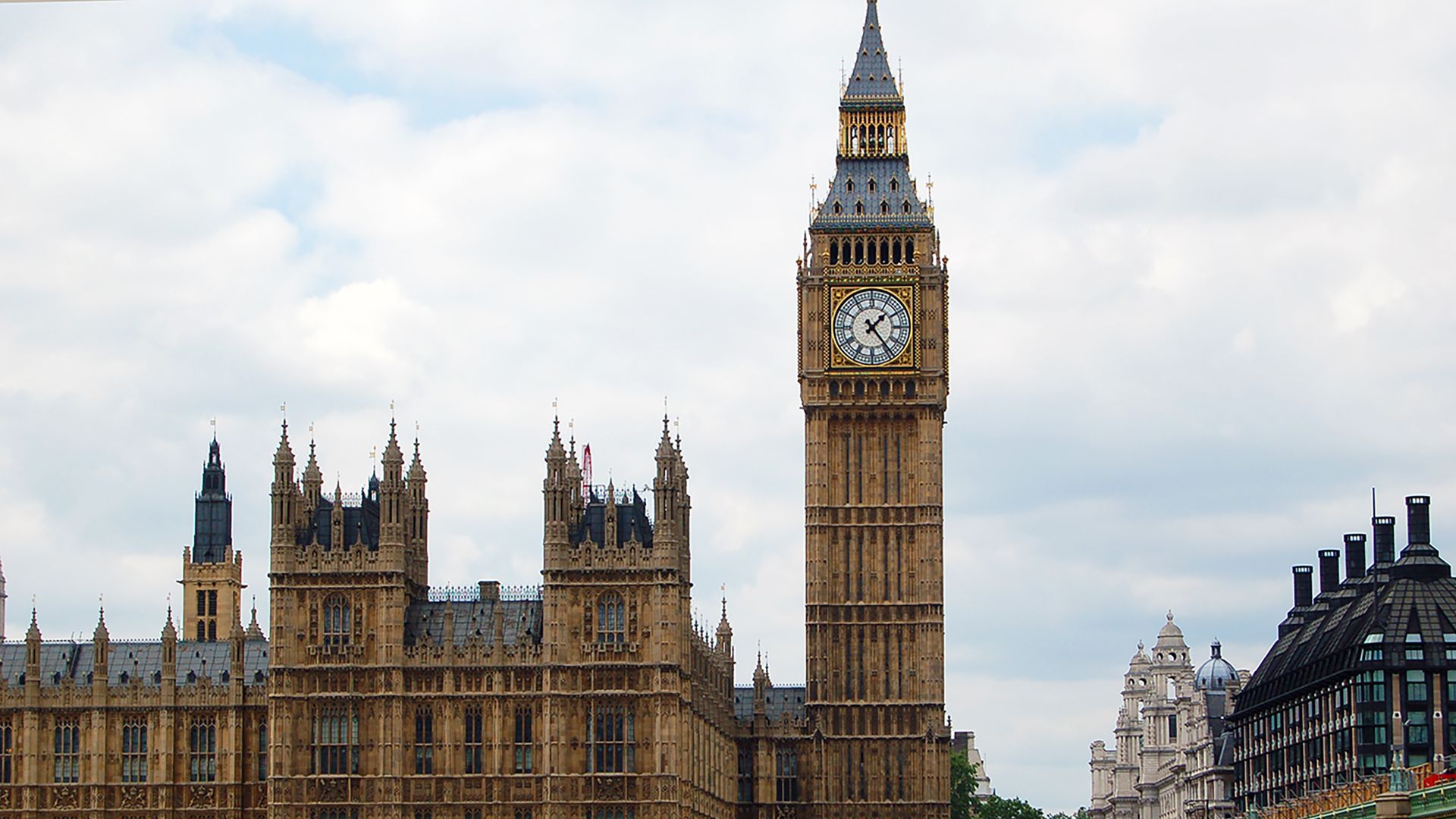110 measures aimed at stimulating growth in the UK’s economy
Chancellor of the Exchequer, Jeremy Hunt, announced during the Autumn Statement 2023
what he said was ‘a comprehensive package of 110 measures aimed at stimulating growth in the UK’s economy’.
He acknowledged the announcement comes amid a challenging economic climate. Still, Mr Hunt said he remained optimistic, pointing out that the UK’s economy has been more resilient than expected this year. Our Guide to Autumn Statement 2023 summarises the key points announced.
Economy
Growth
- The independent Office for Budget Responsibility (OBR) expects the economy to grow by 0.6% this year and 0.7% next year, rising to 1.4% in 2025, then 1.9% in 2026, 2% in 2027 and 1.7% in 2028
Borrowing & Debt
- Underlying debt is forecast to be 91.6% of GDP next year, 92.7% in 2024/25 and 93.2% in 2026/27 before declining to 92.8% in 2028/29
- Borrowing forecast to fall from 4.5% of GDP in 2023/24 to 3% in 2024/25, 2.7% in 2025/26, 2.3% in 2026/27, 1.6% in 2027/28 and 1.1% in 2028/29
Inflation
- Headline inflation forecast set to fall to 2.8% by the end of 2024 and to the Bank of England’s 2% target rate in 2025
Taxation and Wages
- The main rate of National Insurance is cut from 12% to 10% from 6 January 2024
- Class 2 National Insurance – paid by self-employed people earning more than £12,570 – abolished from 6 April 2024
- Class 4 National Insurance for self-employed – paid on profits between £12,570 and £50,270 – cut from 9% to 8% from 6 April 2024
- Legal minimum wage – known officially as the National Living Wage – to increase from £10.42 to £11.44 an hour from 6 April 2024
- New rate applies to 21 and 22-year-old workers for the first time rather than just those 23 and over
- Income Tax personal allowance remains unchanged and frozen until 2028 (applies to England, Wales and Northern Ireland)
Pensions & Benefits
- State Pension payments to increase by 8.5% from 6 April 2024, in line with average earnings
- Consultation on whether savers get the right to choose the pension scheme their employer pays into, allowing them to possibly have one pension pot for life
- Universal Credit and other working-age benefits to increase by 6.7% from 6 April 2024, in line with September’s inflation rate
- Local Housing Allowance rates – which determine the level of housing benefit and Universal Credit people receive to pay rent – to be unfrozen and increased to 30% of local rents
- Work Capability Assessment to be reformed to reflect the availability of home working after the COVID pandemic
- Funding of £1.3bn over the next five years to help people with health conditions find jobs
- Further £1.3bn to help people who have been unemployed for over a year
- Claimants deemed able to work but who refuse to seek employment lose access to their benefits and extras like free prescriptions
Business & Infrastructure
- ‘Full expensing’ tax break – allowing companies to deduct spending on new machinery and equipment from profits – made permanent
- There has been no further change to the rates of Corporation Tax
- Some £500m over the next two years to fund AI innovation centres
- The 75% business rates discount for retail, hospitality and leisure firms extended for another year
- Funding of £4.5bn to attract investment to strategic manufacturing sectors, including green energy, aerospace, life sciences and zero-emission vehicles
- Households living close to new pylons and transmission infrastructure to get up to £1,000 a year off energy bills for a decade
Other measures
- Alcohol duty: the government will freeze alcohol duties until 1 August 2024
- Duty rates on all tobacco products increase by RPI +2%
- To reduce the gap with cigarette duty, the rate on hand-rolling tobacco increased by RPI + 12% this year
- Planning applications to be granted for businesses to allow local authorities to recover the full costs of major business planning applications if they meet guaranteed faster timelines
- If they fail, businesses will be refunded in full and have their planning application processed free of charge
- The government will meet its NATO commitment of spending 2% of gross domestic product (GDP), the measure of everything produced in the economy, on defence
- Extension of National Insurance relief for employers of eligible veterans for another year to support the Veterans’ Places, Pathways and People programme
- Scope of the current VAT zero rate relief on women’s sanitary products extended to include reusable period underwear from 1 January 2024

